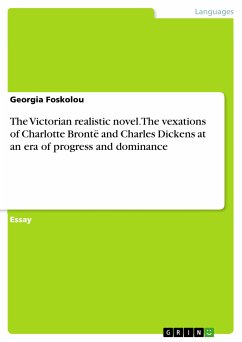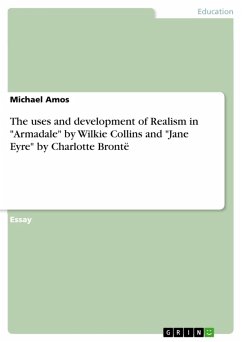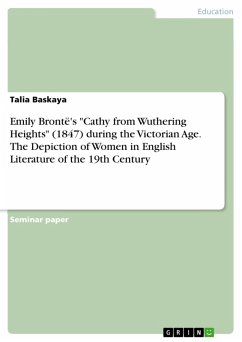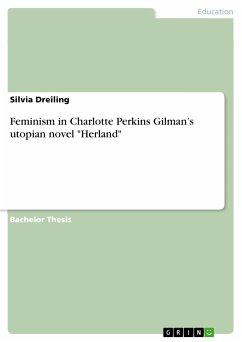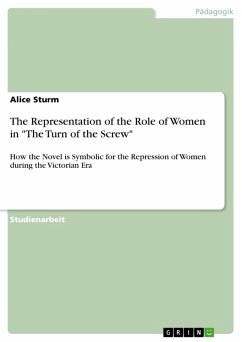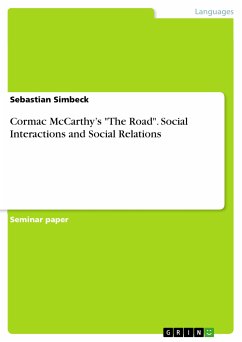Essay from the year 2019 in the subject Didactics - English - History of Literature, Eras, grade: 76, University of Greenwich (New York College), course: COML1061 The 19th century British Novel, language: English, abstract: This essay discusses how Capitalism, Colonialism and Gender inequality are depicted in Jane Eyre and Great Expectations. The era from the enthrownment of Queen Victoria in 1837 to her death and the end of her reign in 1901, namely the Victorian era, was a time where great changes in society, economy and politics occurred in Britain, which shaped both Britain and the world as we know it today and of course impacted the literature of the time. (Wukovits, 2013) At a large scale, the literary work developed and published in the Victorian era moved away from the romantic and chivalry genre to the realistic genre, which is a mode of writing, which appears as if it is faithfully representing reality, presenting characters who are ordinary people set in unremarkable circumstances and ordinary environments and are struggling with social complexities in their environment. The Victorian realistic novel functions as a fictional microcosm where through the social struggle of these imaginary characters, the sociopolitical changes of the real Victorian society and their adverse effects are reported, imbued with the hope of the author that eventually the social issues they brought about will be resolved if they are brought to the light. (Moran, 2006) This paper will present how the financial and industrial progress along with the political dominance of the British Empire inside of Britain and to the British colonies affected Charlotte Brontë in the writing of Jane Eyre and how the social adversities of industrialization affected Charles Dickens in the writing of Great Expectations.
Dieser Download kann aus rechtlichen Gründen nur mit Rechnungsadresse in A, B, BG, CY, CZ, D, DK, EW, E, FIN, F, GR, HR, H, IRL, I, LT, L, LR, M, NL, PL, P, R, S, SLO, SK ausgeliefert werden.

